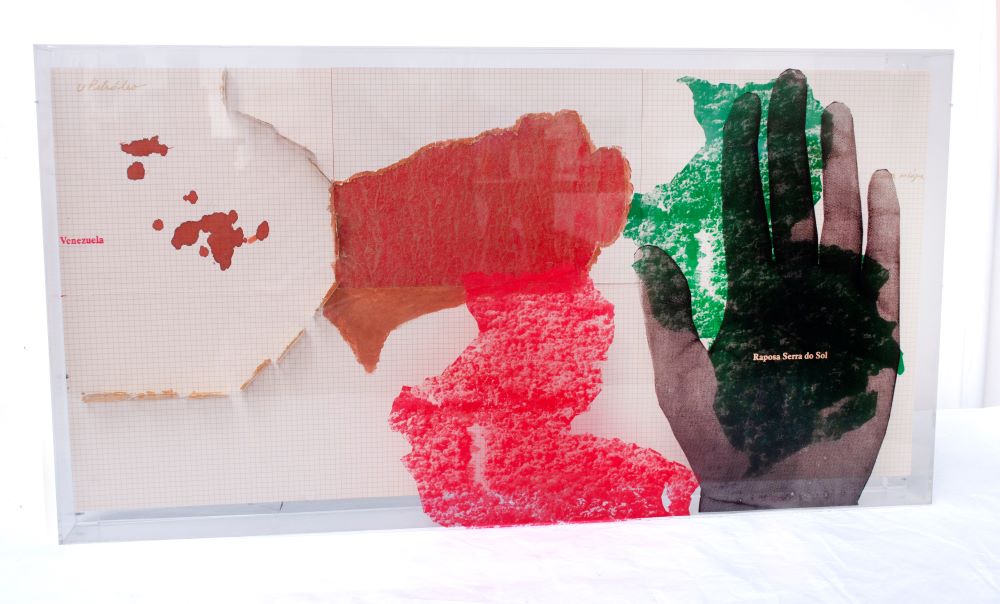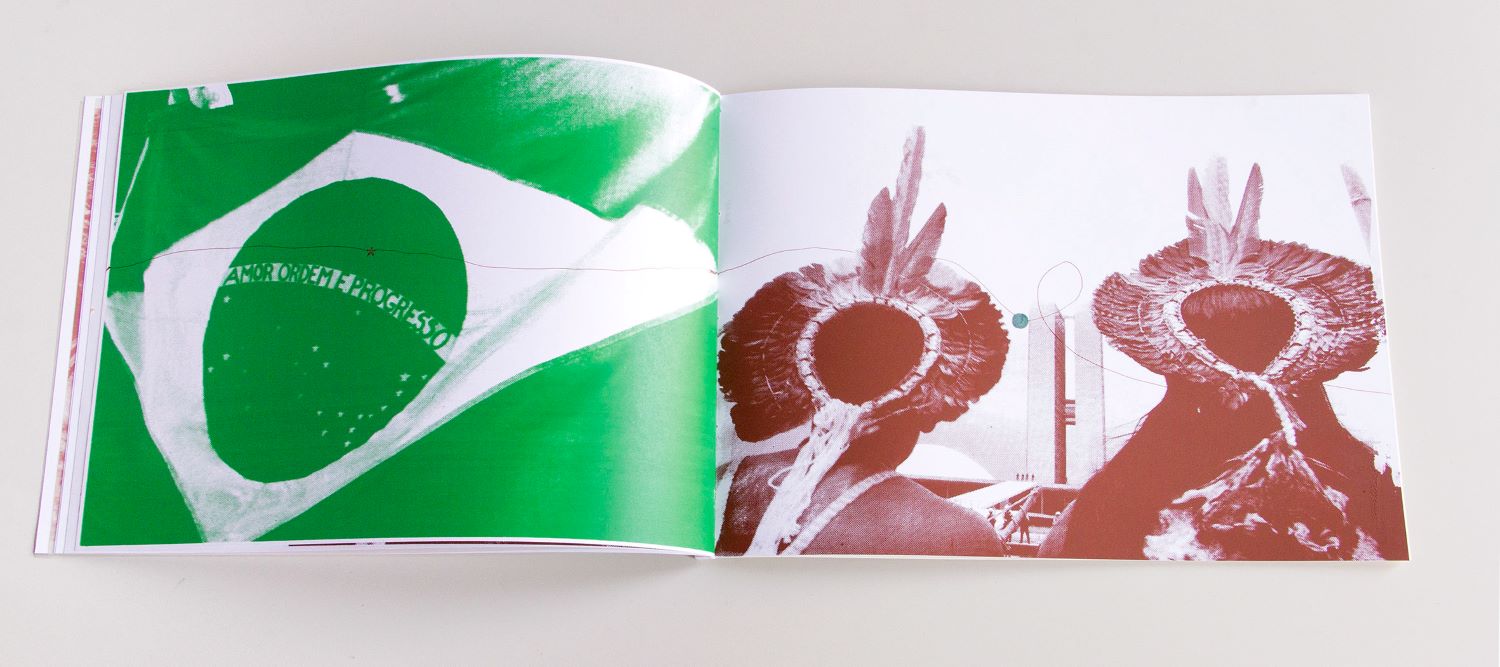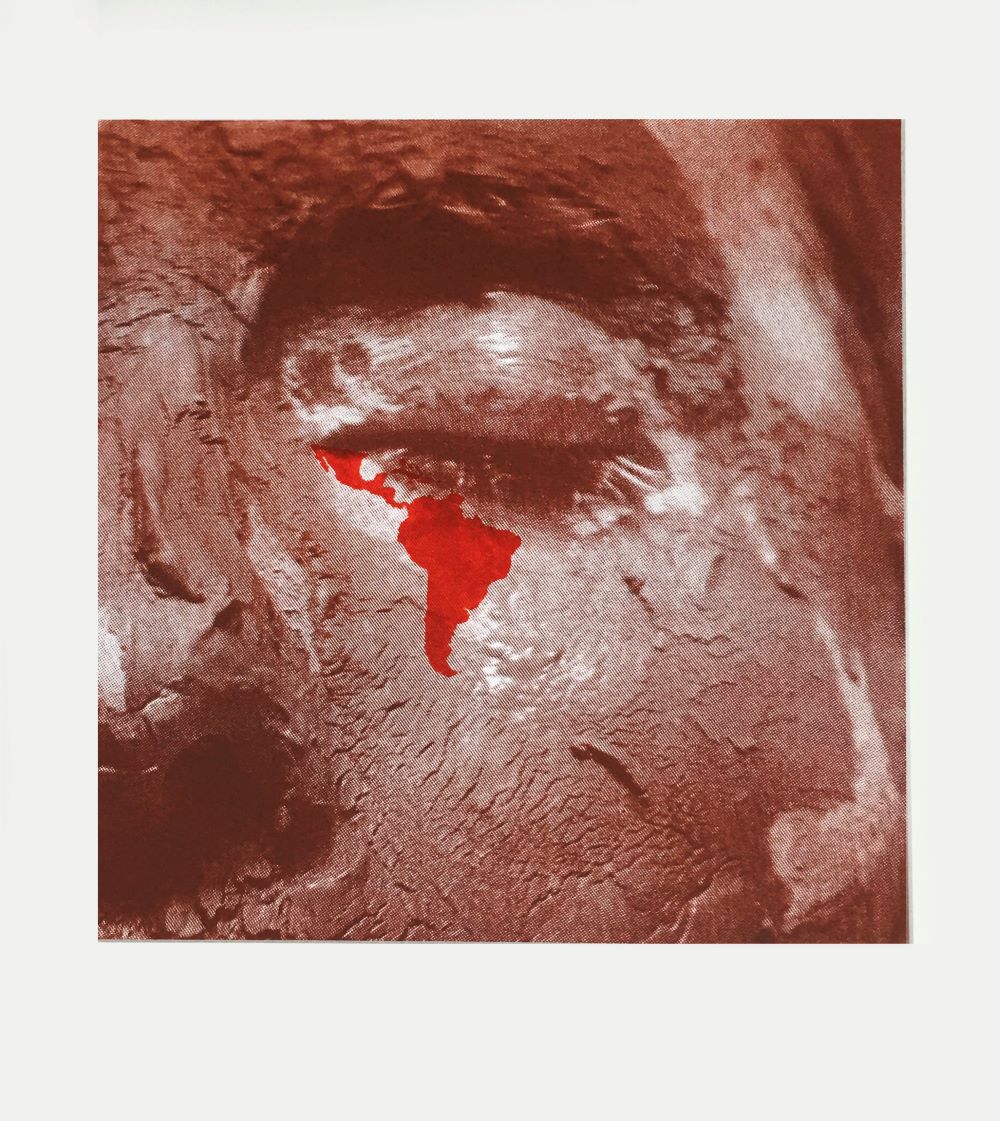
Gabriela Noujaim, Resistance of Time (2023), Silkscreen on cream canson verge paper and gold leaf 60 x 185 cm
About Women’s Museum (Brazil)
The Women’s Museum, DAS Museum, is the first Brazilian museum dedicated to women. Private non-profit museum, with public and social purpose. Founded on February 10, 2022, the museum was born from the desire to recognize the value of women’s art production in Brazil and worldwide. To this end, it aims to be a place of appreciation, dialogue, unity, love, equity, welcome, a culture of peace among women and other segments of society that want to join forces to promote the advancement of adult women, young people and children.
Hybrid model museum, active both in the virtual universe and in the physical environment. It adopts new virtualities and technologies with immersive, interactive design and spatial environments to allow virtual global access to most of its museum actions and activities for free.
Its institutional strategy includes dialogue in an international network with museums, galleries, projects, spaces, institutions and cultural foundations. Its foundation is based on the pillars of art, culture, history and education. Weave hybrid programming to meet the values, vision and mission of its institutional identity. In this constellation, it builds its collection to safeguard works of art and various archives that make up the History of Women.
He walks, above all, believing that access to education in all areas is an irrefutable human right. Faithful to this belief, its educational program is aimed at promoting the advancement, awareness and intellectual, professional and technological protagonism of women of all ages, races, ethnicities and classes.
Vision
We will increase the power of female protagonism and empowerment; promote Latin American artistic and cultural diversity; apply gender, racial, ethnic and social equity in the museum’s actions.
Mission
Our commitment is to be a socially and ethically responsible museum to contribute with art in the consolidation of a regenerative, peaceful, honest, egalitarian, conscious, collaborative society with social justice.
Values
Commitment to social, artistic and cultural well-being, ethical conduct, respect for art and artists to transform lives, dedication to sustainability and awareness of nature preservation, democracy, human rights and women’s rights.

Gabriela Noujaim, Raposa Serra do Sol (2019) 80 cm x 1.20 cm wide serigraphy on acrylic unique workWEB

Gabriela Noujaim, Gift Book 2016 (2017), Artist’s book and pen and ink 20 x 80 cm open 1_30web

Gabriela Noujaim, Cry Latinamerica 20 x 42 cm high serigraphy on 1_03 paperWEB